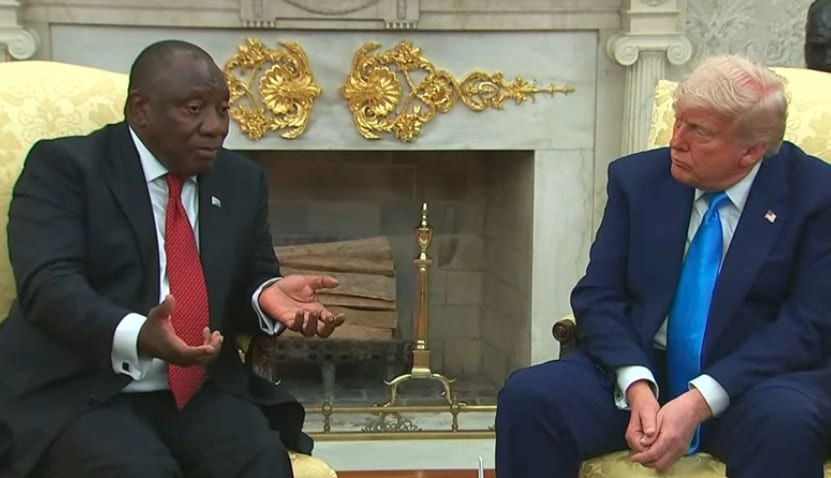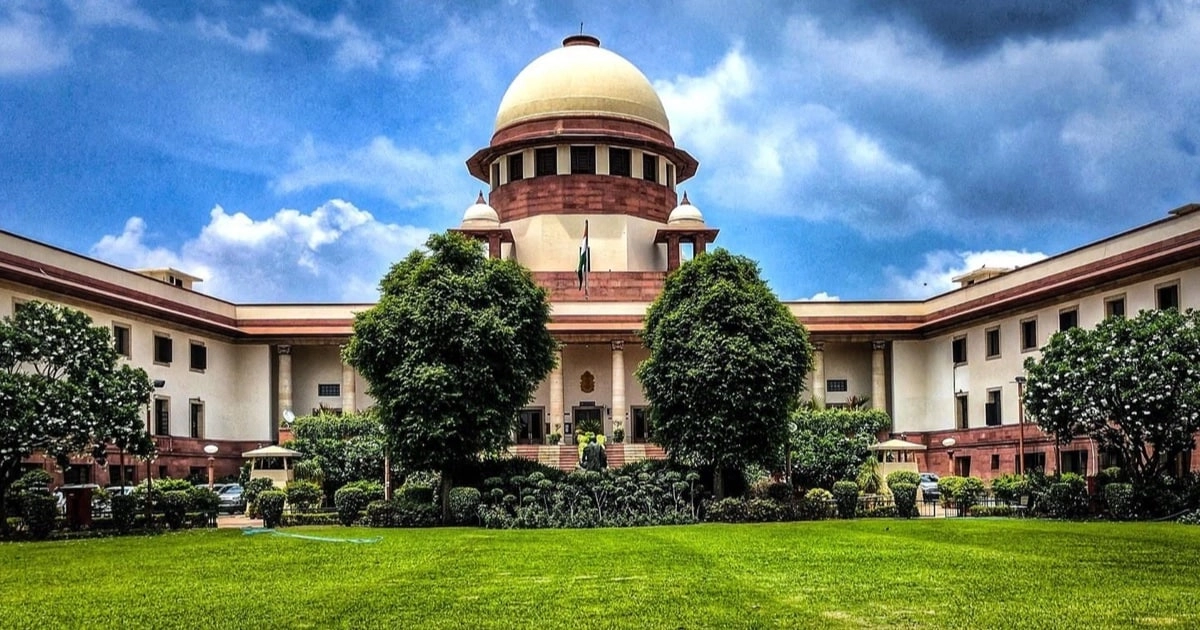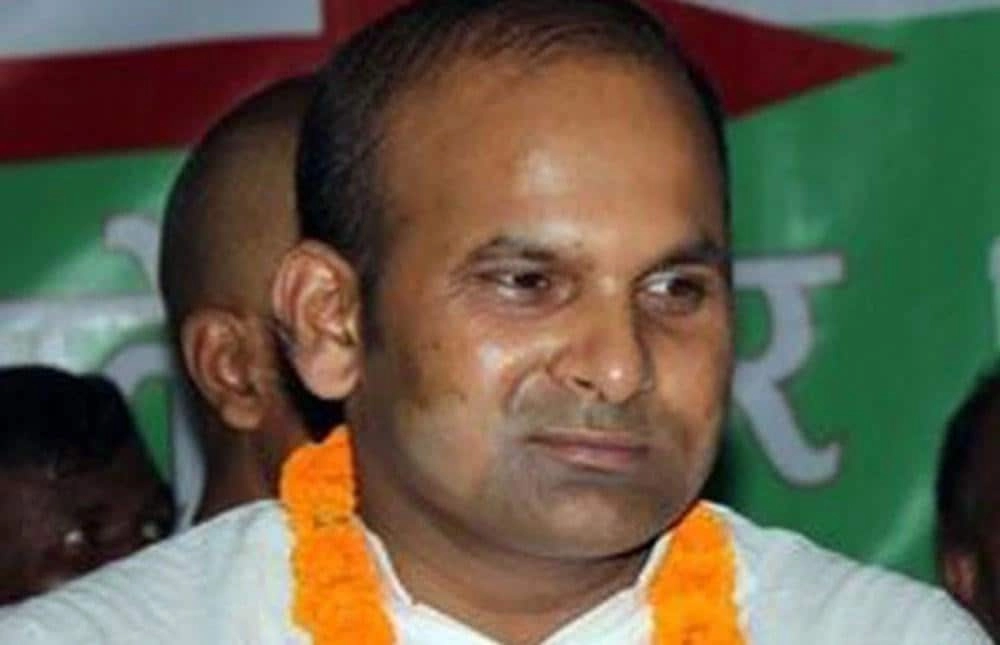During a recent high-profile meeting, former U.S. President Donald Trump confronted South African President Cyril Ramaphosa regarding alarming claims circulating about a so-called “white genocide” in South Africa. This term has been used by some groups to suggest that there is a systematic campaign to eliminate the white population in South Africa, often citing violent attacks on farmers as evidence. Trump’s inquiry into this contentious issue reflects his ongoing interest in racial dynamics and social justice, particularly in regions with complex histories of colonialism and racial strife.
Ramaphosa, who has often been tasked with addressing the nation’s challenging legacy of apartheid, responded firmly, emphasizing that South Africa is committed to upholding human rights for all its citizens, regardless of race. He highlighted the nation’s efforts to address inequality and violence through social programs and community initiatives aimed at fostering unity. The conversation between the two leaders illuminated the broader international dialogue surrounding race relations and the responsibilities of governments to protect their citizens from violence and discrimination.
This meeting not only underscored the complexities of race relations in South Africa but also the ways in which these issues resonate globally, especially within the context of former colonial powers and their former colonies. Trump’s engagement with Ramaphosa on such a sensitive topic raises questions about the influence of political rhetoric on international diplomatic relations. The notion of “white genocide” has been widely criticized as a fringe conspiracy theory that can incite fear and tension, complicating the already fraught discussions surrounding race and justice in post-apartheid South Africa.
Ultimately, this confrontation serves as a reminder of the delicate balance leaders must maintain when addressing the legacies of their countries while navigating the demands of international diplomacy. As both leaders parted ways, the implications of their dialogue lingered, highlighting the urgent need for constructive engagement on issues of race, equity, and the protection of all citizens in a world still grappling with the remnants of its colonial past.




